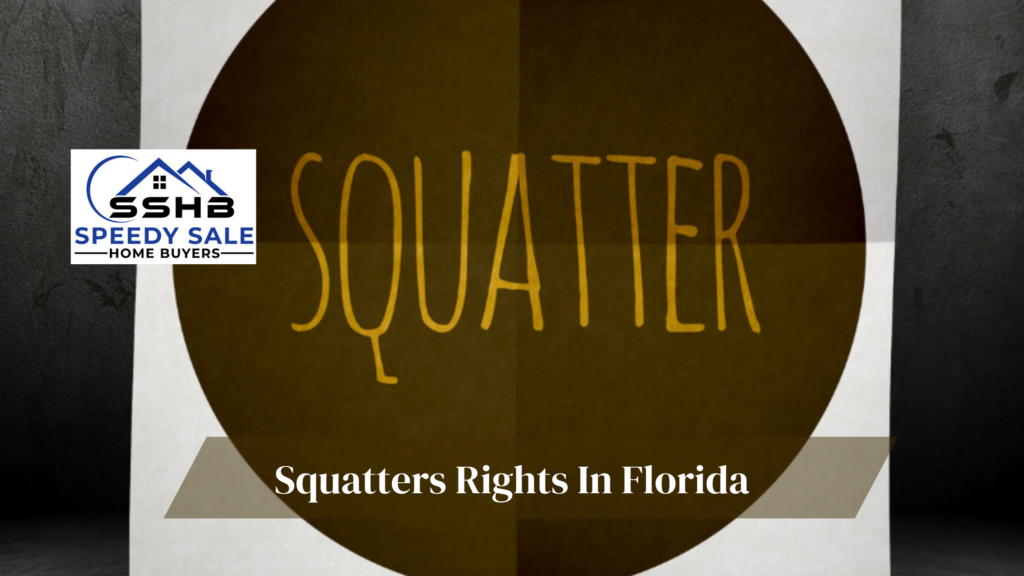
Understanding Adverse Possession In Florida
Legally, someone can own someone else’s property by using it continuously and openly for some time. This is called “adverse possession.” People in Florida often call this rule “squatters’ rights.” Homeowners and renters need to know what adverse possession means to protect their stuff.
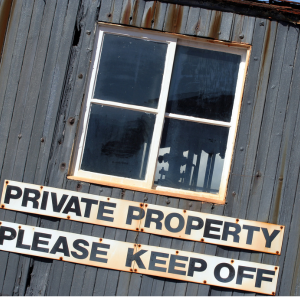
To have adverse possession in Florida, you must have lived on the land without permission, used it publicly and noticeably for at least seven years, and paid all taxes due. The person living there must also have a reasonable faith opinion that they are the rightful owner of the property.
Renters and homeowners can escape arguments over their property rights if they understand these details of adverse possession.
We buy houses all across Florida, including Tampa, St. Petersburg, Clearwater, Brandon, Riverview, and Largo.
The Evolution Of Squatter Rights In Florida
Florida’s rules on squatter rights have changed significantly over the years, resulting from many court decisions and government actions.
People used to be able to legally own a place if they lived there without the owner’s permission for a certain amount of time. Recently, though, changes to the law have made it harder for renters to claim ownership.
People who own or rent their homes should now know their rights and take steps to prevent possible squatters from moving in. Any Florida property owner or renter needs to know about the current state of squatter rights to avoid legal problems or lose their property.
Florida’s Adverse Possession Laws: How They Can Impact Property Owners
Florida’s laws on adverse possession can significantly affect people who own land, especially when it comes to knowing squatters’ rights.

Legally, someone can own property by living on it and using it without the owner’s permission for a certain amount of time. This is called “adverse possession.”
In Florida, this amount of time is seven years. If a squatter lives in an empty house for seven years, they might be able to claim ownership of it under rules called “adverse possession.”
If you own or rent a home in Florida, you should know these rules and take the necessary steps to protect your property from possible adverse possession claims.
Governor Desantis Takes Action To End The Squatters Scam In Florida
There are increasing numbers of squatters’ rights scams in Florida, and Governor Ron DeSantis has taken strong action to stop them. People involved in these scams use unclear laws and legal loopholes to illegally live on or own property that doesn’t belong to them.
People who own and rent their own homes have both been scammed by these plans and have lost money and time in court. Since Governor DeSantis’s new rules went into effect, it is now much harder for squatters to claim formal rights to property, and they will face harsher punishments if they do.
This move will help protect Florida homes and renters in a big way.
Exploring The Complexities Of Florida’s Squatter Rights Law
People in Florida often get the law about squatter’s rights wrong because it is complicated. Some legal protections are given to people who live in a building without permission from the owner.

However, these rights are not fixed and can be hard to understand fully. It is important for both landlords and renters to fully understand Florida’s squatter rights to protect their property and stay out of trouble with the law.
It can be hard to understand this area of the law because of the many things that come into play, such as the length of time the squatter has been there and their intentions. This guide will go over the details of Florida’s squatter rights law so that those who are touched by it can understand it better.
Navigating Adverse Possession Claims In Florida: What You Need To Know
Landlords and renters can find it hard to understand how to file an adverse possession claim in Florida. People can legally own a property if they have lived there without the owner’s permission for a certain amount of time. This is called adverse possession, which is also called squatters’ rights.
If you want to fight a claim of adverse ownership successfully, you should learn about the Florida laws and rules that govern this matter. This includes knowing what it takes to prove adverse ownership, like using something continuously for a certain amount of time, doing so in a way that is known to be hostile, and doing so in a way that is open and obvious.
Knowing how to answer a claim and gather proof to back up your case is also important. If homeowners and renters in Florida understand the process and get help, they can confidently deal with unfavorable possession claims.
Explaining The Process Of Adverse Possession In Florida
Adverse possession, sometimes called “squatters’ rights,” is a legal idea that lets someone own property by living on it without the owner’s permission for a certain amount of time. This process can be complex for landlords and renters to understand and deal with in Florida.
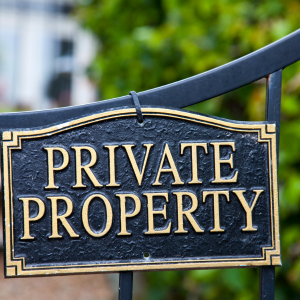
Knowing what’s needed for adverse ownership to happen in the state is helpful to make this process less mysterious. These include living on the land in a way that is known to everyone, having it continuously for at least seven years, and paying all property taxes during that time.
In addition, the person who wants to use adverse ownership must genuinely believe they are the property’s owner. If renters and landlords know about these things, they can make sense of the complicated world of adverse possession in Florida.
Preventing Squatters From Settling On Your Property: Tips And Strategies
In Florida, squatters’ rights can be challenging for landlords and renters. These rules are meant to protect people from being unfairly kicked out of their homes, but they can also make it hard for landowners to get rid of people who aren’t supposed to be there.
Here are some tips and tricks to keep squatters from moving in on your land. First, ensure that your land has clear “No Trespassing” signs and that any buildings or structures not being used are locked securely.
Check your land often for signs of people living there, and call the police right away if you see anything fishy. Performing regular upkeep and repairs on your property can also help demonstrate that you are present and responsible for the plot of land.
These steps will make it less likely for squatters to try to live on your land and protect your rights as a Florida homeowner or renter.
Evicting Squatters In Florida: A Step-by-step Guide For Landlords
If you are a Florida landlord with squatters living on your property, you must know the proper steps to eliminate them. It can be hard to understand squatters’ rights in Florida, but if you own or rent land, you must know your rights and protect them.
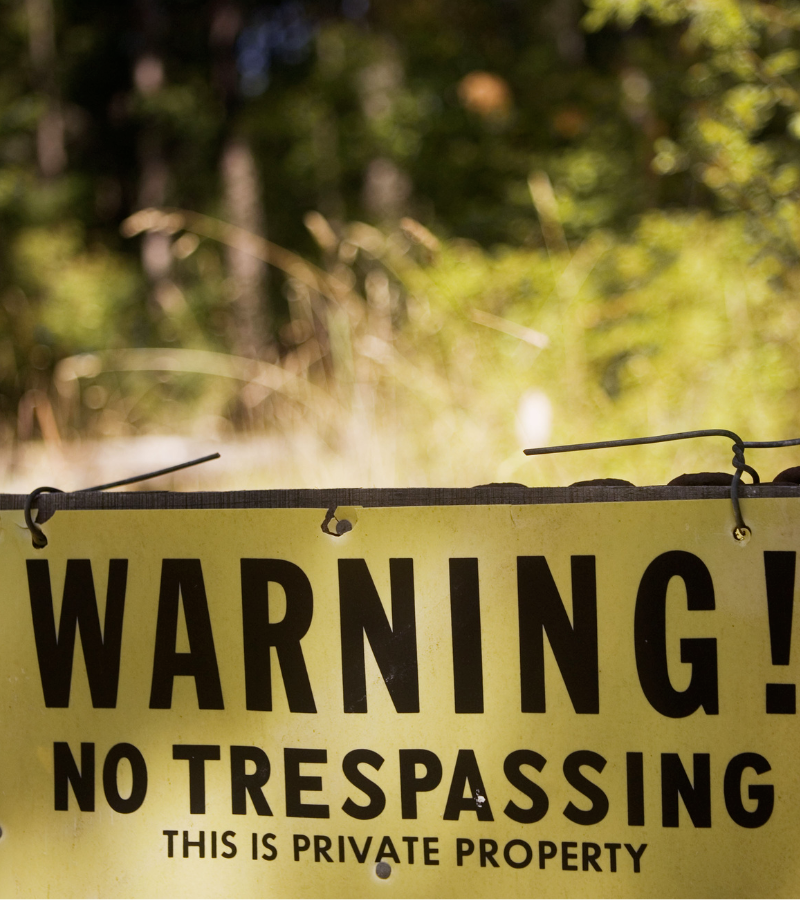
The first step in getting rid of squatters is determining whether they have a legal right to be there. This can be done by warning them to leave and telling them when they need to do so.
If they don’t follow through, you can ask the court for a removal order. To ensure the eviction goes smoothly, following all the right steps and keeping accurate records is essential.
By knowing the rules in Florida about squatters’ rights and acting quickly, landlords can eliminate people who aren’t supposed to be there from their property.
Understanding Trespassing Laws And Criminal Trespassers In Florida
Florida has rules that protect property owners from people who break the law and trespass on their land. People who own or rent should know what their rights are and what will happen if they break the law.
People who enter or stay on someone else’s property without permission are trespassing. This could lead to fines or even lawsuits, which are legal penalties.
Florida also has criminal trespassing laws. Depending on the severity of the crime, you could be charged with a misdemeanor or a felony. It is very important for both property owners and renters to know these rules and take the right steps to avoid problems with trespassers.
Time Requirements For Successful Adverse Possession Claims In Florida
In Florida, the time you have to file an adverse ownership claim depends on the situation. If a homeowner or renter wants to claim squatters’ rights, they must have lived on the land continuously and without interruption for at least seven years.

This means that a person must live on the land without permission from the owner for at least seven years in a public way. However, there are some exceptions to this rule. For example, if the actual owner was legally unable to use the property or if the squatter has the color of the title, a written document that makes it look like they own the property, they can stay there.
The time limit is also raised to 20 years if the government owns the building. People who think they might be hostile possessors in Florida should know about these time limits so that they can make a valid claim.
How To Protect Your Property From Trespassers And Squatters In Florida
People renting in Florida may be very worried about squatters’ rights. These rules say that people can legally own property if they live on it for some time without the owner’s permission.
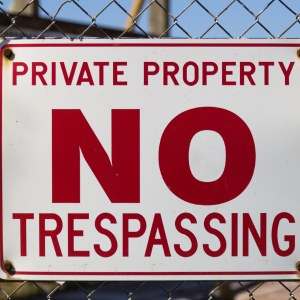
Follow a few simple steps to prevent people from trespassing and living on your land. The first thing you should do is ensure your land has clear “no trespassing” signs.
Second, keep an eye on your property and call the police immediately if you see anything strange or someone who isn’t supposed to be there. Squatters are more likely to move into abandoned or neglected homes, so it’s important to keep yours safe and in good shape.
Lastly, you might want to talk to an experienced lawyer. They can help you understand your rights as a property owner and give you tips on how to deal with any squatter situations that might come up. These steps will help you keep yourself and your property safer in Florida from people who don’t belong there, like thieves and trespassers.
Breaking Down The Basics Of Daniel Rothrock’s Squatter Law
People renting homes in Florida may not understand squatters’ rights. However, knowing the basics of Daniel Rothrock’s squatting law can help clear any confusion.
Adverse possession is another name for this rule. It says that someone can legally own a property if they have lived there without the owner’s permission for some time. To show adverse possession, you must have lived on the property for 20 years, paid property taxes, and made improvements to it.
Landlords must check on their properties often and take legal action if they think someone is trying to claim ownership through adverse possession. On the other hand, renters should know that they don’t have squatters’ rights and must leave the property when their lease is up.
People who own their own homes or rent can protect their rights as property owners by understanding these basic points of Daniel Rothrock’s squatter law.
Can You Evict A Squatter In Florida?
In Florida, whether you own your home or rent, you should know about squatters’ rights and how they might affect your property. The law protects people who live on someone else’s land without permission and have “squatters’ rights.”
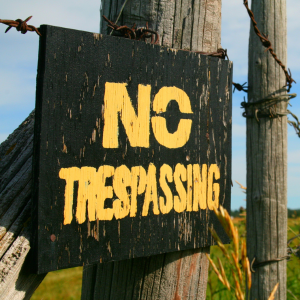
This situation can be difficult for both homeowners and renters because it raises the question of whether squatters can be kicked out of Florida homes. That’s the short answer, but the process isn’t always easy.
To evict a squatter successfully, you must follow the right legal steps and show proof that the person is not a legitimate renter or has broken any lease agreement terms. In these cases, you need to talk to a lawyer immediately to protect your property owner’s rights.
What Is The New Law In Florida About Squatters?
Florida just passed a new law regarding squatters’ rights, confusing and worrying landlords and renters.
This law aims to clarify the rights and benefits of both parties in a squatter situation.
Because of this, everyone in Florida needs to know what this new law means to protect their property and stay out of trouble with the law.
This in-depth guide will explore the specifics of this law and offer helpful tips for landlords and renters on handling possible squatter situations.
Get An Offer Today, Sell In A Matter Of Days
Resources To Help You Sell A House In Florida
| Selling A House During Divorce In Florida | Squatters Rights In Florida |
| Selling A House With Fire Damage In Florida | How To Sell A House In Probate In Florida |
| Selling A House In Foreclosure In Florida | Selling A House In Probate In Florida |
| Selling a House With Flood Damage in Florida | How To Sell a House With Foundation Issues In Florida |
Give Us A Call Now At 727-334-2868
If you need to Sell your house fast in Florida, we promise to make you a fair, no-obligation, no-hassle offer. Take it or leave it. You’ve got nothing to lose. Do you still have questions? Calling us could be the best decision you make all week!
Call Us Now at 727-334-2868
| SQUATTERS’ RIGHTS | HOSTILE POSSESSION | NOTORIOUS POSSESSION | SQUATTERS RIGHTS | EVICTIONS | NOTICE TO QUIT |
| EVICTION NOTICE | MONTH-TO-MONTH | COURTS | PROPERTY MANAGEMENT | NEWSWEEK.COM | NEWSWEEK |
| MANAGEMENT | LEASES | LEASE AGREEMENTS | DETAINER | RENTAL PROPERTIES | GEORGIA |
| REALTY | MONEY | CIVIL COURTS | SECURITY | REAL ESTATE | INVESTMENT |
| COMPANY | PRIVATE PROPERTY | FIRST-DEGREE | SECOND-DEGREE | ATTORNEYS | LEGAL SERVICES |
| LEGAL COUNSEL | U.S. | AMERICA | TERMS OF USE | TERMS OF SERVICE | SPACE |
| SHERIFF | EXCLUSIVE POSSESSION | NEW YORK | LAW ENFORCEMENT | KNOWLEDGE | FAQS |
| CRIMINAL OFFENSE | BILL | REMOVE A SQUATTER | ON THE PROPERTY | SQUATTERS RIGHTS IN | SQUATTERS RIGHTS IN FLORIDA |
| LIVING ON THE PROPERTY |

![we buy houses [market_city] [market_state]](https://image-cdn.carrot.com/uploads/sites/79421/2023/10/We-Buy-Houses-1080x800.png)
